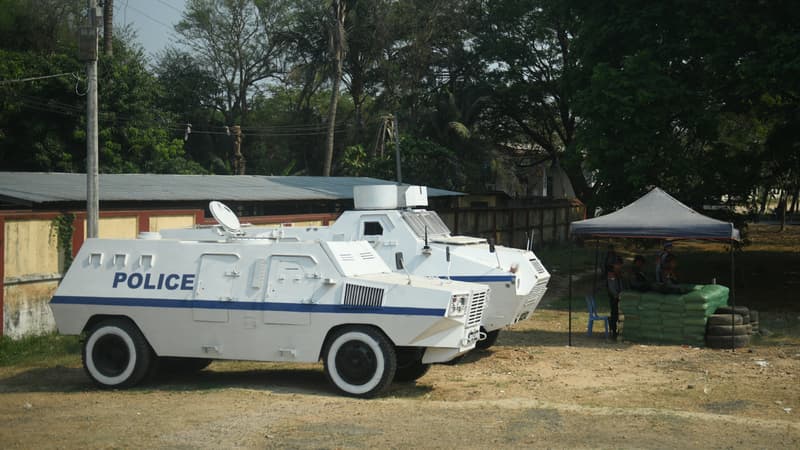This is an important operation. SpaceX yesterday disabled more than 2,500 Starlink terminals used in scam centers in Burma. The announcement, made by Lauren Dreyer, vice president of commercial operations at Starlink, comes after revelations of the proliferation of antennas in border areas with Thailand, used in massive centers of cyber fraud.
“SpaceX complies with local laws in the more than 150 markets in which Starlink is authorized to operate,” he recalled in X, specifying that the company “works with authorities around the world as soon as a violation is identified.”
Starlink, which is not authorized to operate in the country, is believed to have been misused to bypass internet blockades imposed by the military. According to state media, Burmese forces recently dismantled a vast network of fraudsters near the Thai border, arresting more than 2,000 people and seizing dozens of terminals. The military says the operations targeted the KK Park complex, a notorious cybercrime hub.
Epicenter of cyber fraud
Agence France-Presse also confirms a “major raid.” More than 600 people fled one of Myanmar’s biggest online scam hubs and crossed the border into Thailand, a Thai provincial official told AFP on Thursday, after the military operation on the complex.
This case comes as Myanmar is experiencing an explosion of online scams, often orchestrated from areas outside the regime’s control, where migrant workers are forced to commit fraud for international networks.
These complexes, often surrounded by walls and barbed wire, are mainly located near the Thai border, on the grounds of former Chinese casinos. Victims, trapped by fake job offers, are forced to participate in vast online scams, carried out in an organized and ruthless system.
China pressure
Under increasing pressure from Beijing, Myanmar has been forced to take action against cybercrime networks. With China and Thailand, the Burmese regime launched a vast joint operation in February to “eradicate the scourge,” which resulted in the release of around 7,000 exploited workers and the arrest of several gang leaders operating from the border.
But despite these efforts and increased regional cooperation, these “cyber scam factories” continue to thrive in the uncontrolled border areas of southeastern Burma, where they still generate billions of dollars through criminal networks supported by local militias.
Source: BFM TV


